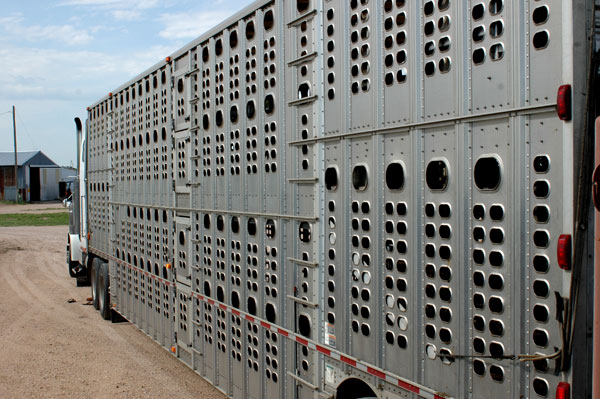Cattle producers will continue to have access to alternative marketing arrangements, thanks to USDA's withdrawal of the flawed GIPSA rule.
October 21, 2017

Live with a festering sore long enough, no matter how painful, and you can learn to ignore it almost to the point of forgetting. Until it gets lots worse or goes away.
Thankfully, the long-festering uncertainty surrounding alternative marketing arrangements finally went away this week, at least for the time being.
USDA withdrew its controversial Grain Inspection, Packers and Stockyard Administration (GIPSA) interim final rule (IFR), a victory for those who favor a free market and competition.
You’ll recall that the rule (also known as the Farmer Fair Practices Rules) would have eliminated the need for someone to prove competitive injury in order to win a GIPSA lawsuit. Intended or not, the rules could have unhinged the alternative marketing arrangements that enable producers to receive more than an average price for more than added value. In other words, rather than risk litigation, beef packers could have effectively been forced by law to pay the same money for all cattle, regardless of value.
“Collectively, the rules would have made it unnecessary for plaintiffs to show general harm to competition when challenging a packer’s decision to offer premiums to producers through established marketing agreements, going well beyond the statutory language, potentially opening the gates to lawsuits from disgruntled producers, and ultimately limiting marketing options and consumer choice,” according to a statement from the House Committee on Agriculture.
“The IFR attempted to renew a proposal rejected by Congress through four funding bills and directly circumvented the rulings of eight separate federal appeals courts,” according to a statement from the North American Meat Institute. “The IFR would have greatly limited marketing agreements that allow the industry to meet consumer demand for various animal handling and production requirements, such as organic, grass fed, raised without an antibiotics and others, limiting the availability of these products for consumers.”
While the potential of a one-price-fits-all marketplace might be welcome news to those whom average prices subsidize, it’s anathema to the essence of competition, providing consumers more specifically what they want, and heaven forbid, being rewarded for the effort.
About the Author(s)
You May Also Like





